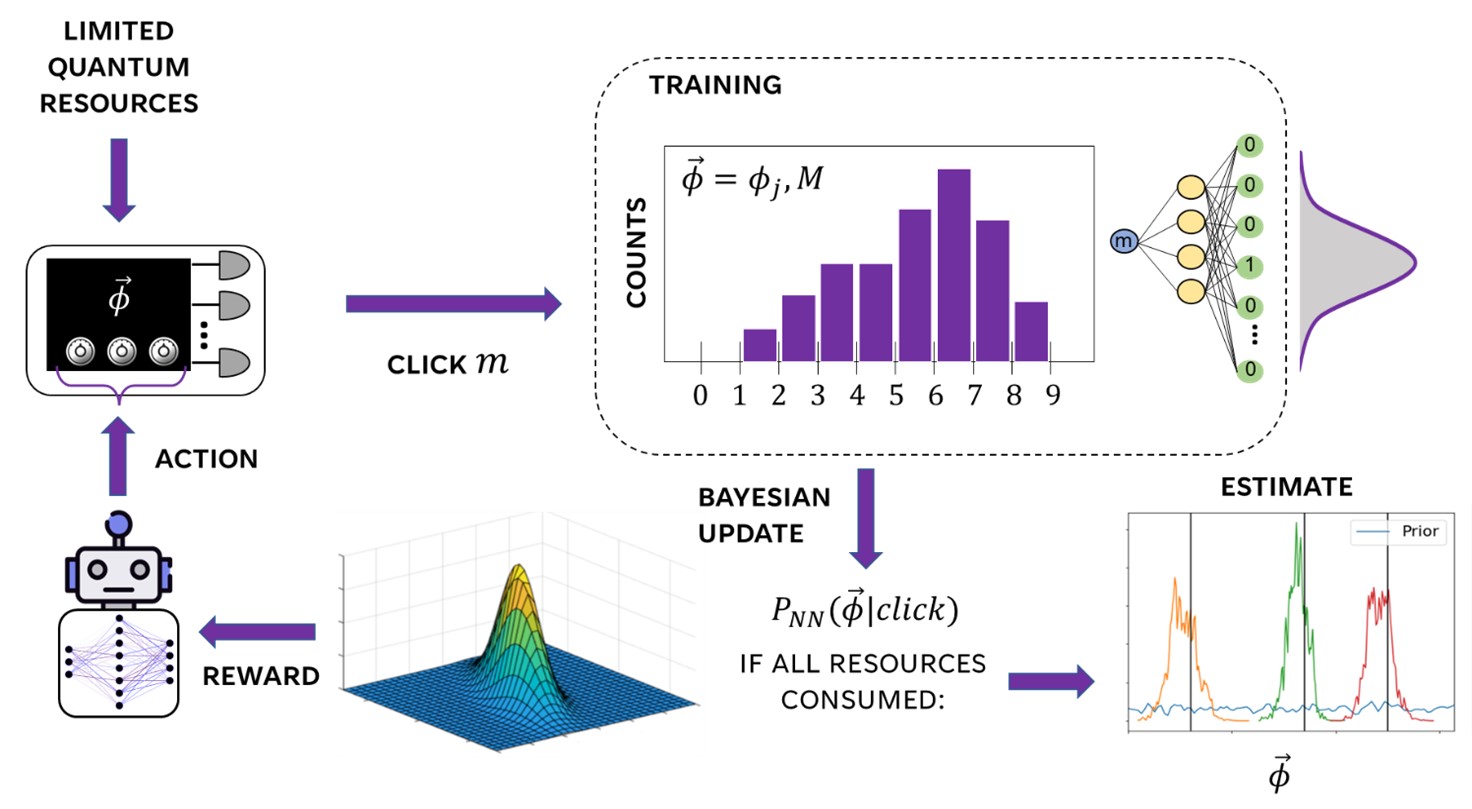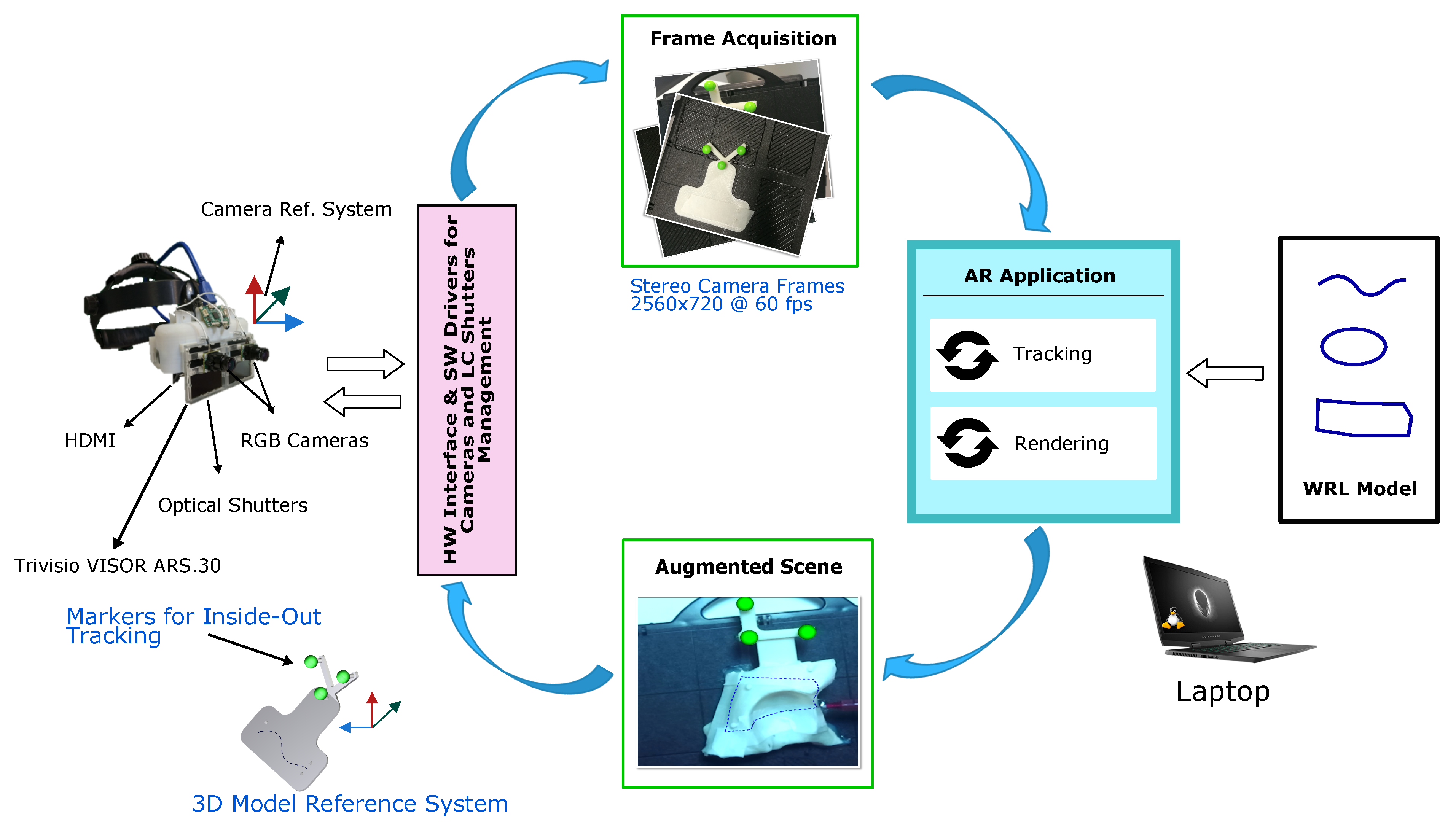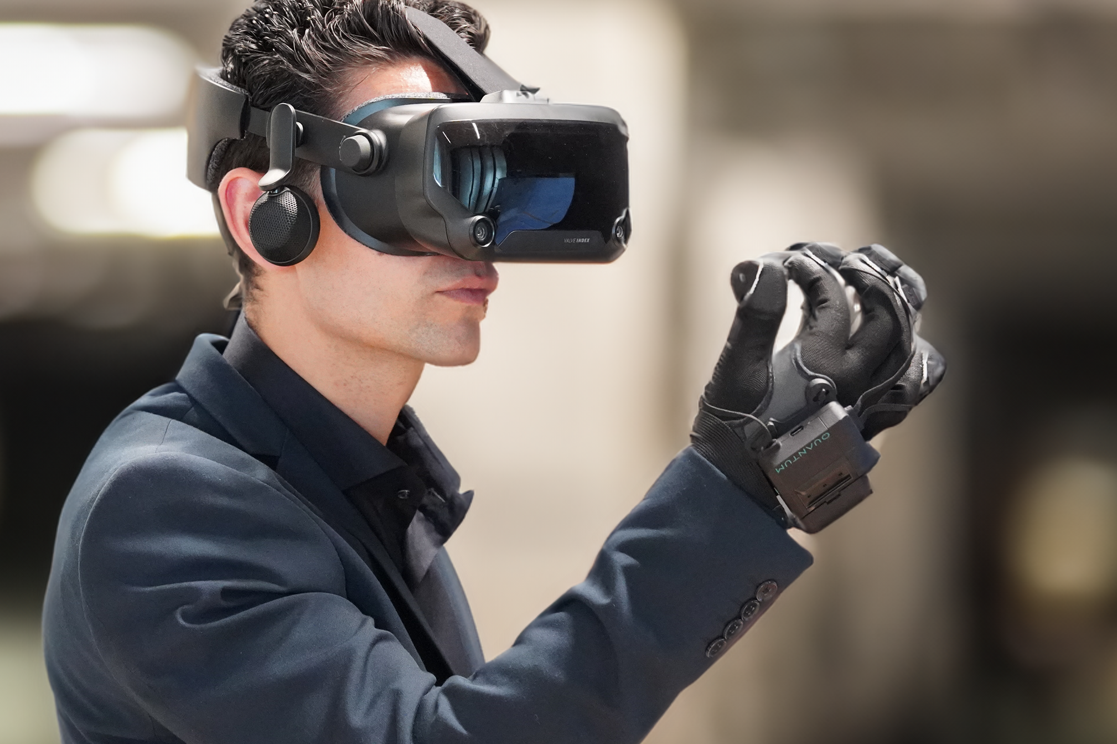In the world of artificial intelligence (AI), advancements are occurring at an unprecedented rate. With each passing day, AI technologies are becoming more sophisticated and capable of handling complex tasks. One of the driving forces behind these advancements is the integration of quantum physics into AI systems. Quantum sensors, in particular, are emerging as a game-changer in the field of AI. In this blog post, we will delve into the fascinating realm of quantum sensors and explore their role in shaping the future of artificial intelligence.
Understanding Quantum Sensors
Before we dive into their applications in artificial intelligence, let’s first grasp the fundamentals of quantum sensors. At the heart of quantum sensors is the concept of quantum entanglement. This phenomenon occurs when two or more quantum particles become interconnected in such a way that the state of one particle instantly influences the state of the others, regardless of the distance between them. It’s a phenomenon Albert Einstein famously referred to as “spooky action at a distance.”
Quantum sensors leverage this entanglement property to achieve extraordinary levels of precision and sensitivity. They can detect the slightest variations in physical quantities, such as electromagnetic fields, temperature, or pressure, with unparalleled accuracy. This unique capability makes quantum sensors invaluable in a wide range of scientific and technological applications.
Quantum Sensors in AI: A Marriage of Precision
Artificial intelligence heavily relies on data, and the quality of data inputted into AI algorithms plays a critical role in their performance. Quantum sensors excel in providing high-quality data due to their precision and sensitivity. Here’s how quantum sensors are making their mark in the field of AI:
- Enhanced Data Collection
In AI applications like self-driving cars, quantum sensors can provide real-time data about the vehicle’s surroundings with unmatched accuracy. These sensors can detect objects, measure distances, and map the environment with precision, thereby improving the safety and reliability of autonomous vehicles. - Improved Machine Learning
Machine learning algorithms thrive on large datasets. Quantum sensors enable the collection of more accurate and detailed data, allowing AI models to learn and adapt faster. This leads to better decision-making and performance in various domains, from healthcare to finance. - Quantum-Inspired Computing
Quantum sensors are not limited to data collection alone. They also inspire the development of quantum-inspired computing techniques. Quantum-inspired algorithms can solve complex optimization problems faster than classical computers, opening doors to AI applications in logistics, supply chain management, and resource allocation. - Quantum Encryption for Data Security
Security is a paramount concern in AI systems, especially when dealing with sensitive data. Quantum sensors can be used to implement quantum encryption, which leverages the principles of quantum mechanics to create unbreakable cryptographic keys. This ensures the confidentiality and integrity of data used in AI applications, protecting them from cyber threats.
Quantum Computing and AI
While quantum sensors play a significant role in AI, it’s worth mentioning the broader impact of quantum computing on artificial intelligence. Quantum computers, which harness the power of quantum bits (qubits), have the potential to perform certain calculations exponentially faster than classical computers. This capability can revolutionize AI by enabling the simulation of complex molecular structures for drug discovery, optimizing AI models, and solving intricate mathematical problems.
Moreover, quantum machine learning algorithms are being developed to run on quantum computers, offering the promise of further accelerating AI advancements. These algorithms can process large datasets with incredible speed, paving the way for AI applications that were once considered impractical due to computational limitations.
Challenges and Considerations
While the marriage of quantum sensors and AI holds immense promise, it also comes with its share of challenges and considerations:
- Scalability
Quantum sensors and quantum computing hardware are still in their infancy. Scaling up these technologies to handle the massive data requirements of AI applications remains a significant challenge. Researchers are actively working on building more robust and scalable quantum systems. - Cost
Quantum technology development is resource-intensive, and the cost of building and maintaining quantum sensors and quantum computers can be prohibitive. As the technology matures, it is expected that costs will decrease, but for now, it remains a limiting factor for widespread adoption. - Quantum Noise
Quantum sensors are highly sensitive, but they are also susceptible to quantum noise, which can introduce errors in measurements. Developing techniques to mitigate quantum noise is crucial to ensure the reliability of data collected by these sensors. - Security Concerns
While quantum encryption offers robust security, it also poses a threat to existing encryption methods. As quantum computers advance, they may be capable of breaking current encryption standards, necessitating the development of quantum-resistant encryption techniques.
The Future of Quantum Sensors in AI
In conclusion, quantum sensors are poised to play a pivotal role in the evolution of artificial intelligence. Their ability to provide precise and high-quality data, coupled with the potential of quantum computing, holds the promise of pushing the boundaries of AI capabilities. As the field of quantum technology continues to advance, we can expect to see quantum sensors integrated into a wide array of AI applications, from healthcare and finance to transportation and security. While challenges remain, the synergy between quantum physics and artificial intelligence is paving the way for a future of unprecedented innovation and discovery.





